The international maritime sector is a vast industry that comes with numerous challenges. Two of the essential service providers that try to solve these challenges are the NVOCC and Freight Forwarders. However, these two agencies are often mistaken to be the same, so many people do not understand their fundamental differences in the freight industry.
While most exporters are content to function without a clear understanding of the differences between an NVOCC and a freight forwarder, it is vital to understand their different functions to make better choices when shipping goods.
This article covers the basic functions of an NVOCC and a freight forwarder and analyses the differences between them, so exporters can easily identify which service provider to choose.
What is an NVOCC?
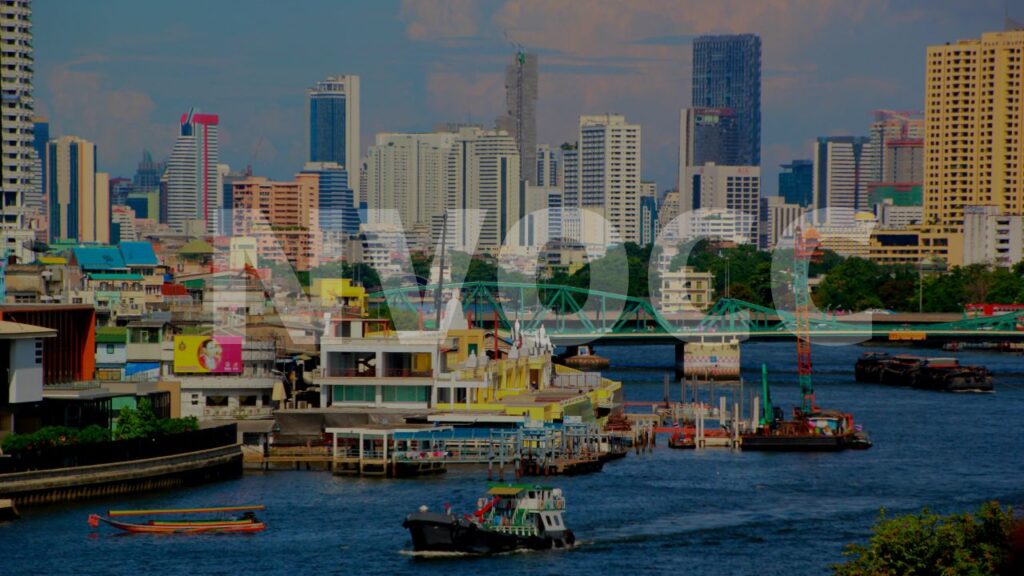
NVOCC meaning- NVOCC is an acronym for Non-Vessel Operating Common Carrier. A Non-Vessel-Operating Common Carrier (NVOCC) is any organization that offers all of the same ocean transportation services as a regular shipping line but does not own the vessel being used. They are a carrier service that helps with cargo movement and customer booking cargo.
Instead, they make volume-based freight agreements with established carrier lines, buy space on the ships and carriers, and then set their own tariffs for selling this space to businesses and other companies that need them. An NVOCC, to put it simply, is an ocean carrier that transports your cargo without owning or operating any vessels themselves. They only buy bulk spaces from carriers and then sell this space in smaller units to shippers.
NVOCCs enter into agreements with shipping companies to ensure the shipment of a specific number of containers annually. In exchange, these companies give NVOCCs preferential rates and great discounts. These discounts are then extended to shippers and other companies looking to move goods.
NVOCCs take a regular carrier's full responsibilities, including issuing their own bill of lading called house bill of lading. They also track the goods, ensuring the safety and delivery of the containers to their specific ports.
An NVOCC can work for different clients, including exporters, freight forwarders, freight brokers, and clearing agents.
Since they might not require an entire container to ship their goods in or out, small business units or individuals may find it challenging to work directly with large shipping companies. Working with such enormous corporations might not be economical for small business entities and individuals.
By serving as the customer's single point of contact, NVOCCs make the entire process of importing or exporting cargo simple and affordable, an arrangement that greatly favors smaller businesses.
Difference Between a VOCC and an NVOCC?
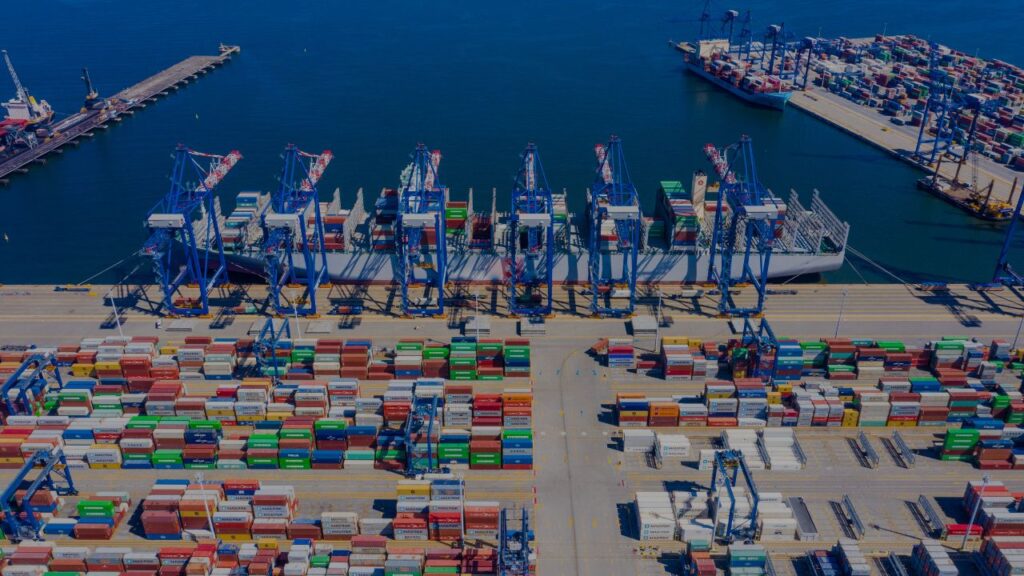
The terms "VOCC" and "NVOCC" stand for "Vessel Operating Common Carrier" and "Non-Vessel Operating Common Carrier," respectively. A VOCC is a vessel operator and owner, among other services.
NVOCCs offer similar services and responsibilities to a VOCC, except that they do not own or operate a vessel. Instead, an NVOCC pays VOCC companies for using their ships and containers before making those resources available to clients who have cargo to ship.
While a VOCC issues a Master Bill of Lading (MBL), an NVOCC issues a House Bill of Lading (HBL). NVOCCs generally assume all other carrier responsibilities and act as the actual carriers to shippers.
What is the function of an NVOCC?
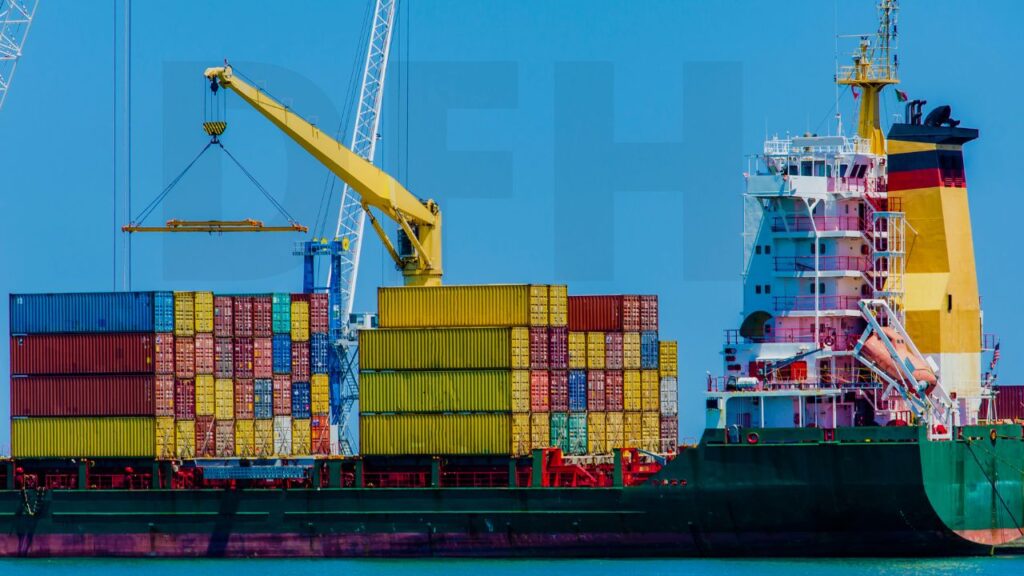
An NVOCC is frequently referred to as a "shipper to carriers" and "carrier to shippers." This means that an NVOCC becomes the "carrier" to a shipper and a "shipper" to the carriers. They are effectively the middlemen between carriers and shippers. After negotiating bulk spaces with international carriers, they sell these units to shippers as they need.
Why can't the shippers contact the carriers or shipping lines directly? This is because carriers are massive bodies with thousands of containers to work on daily. Thus, they hardly have time for small businesses. The likelihood of shippers hearing back from NVOCC is much higher than from regular carriers.
NVOCC is much more adaptable and attentive to the requirements of small businesses. The NVOCC is significantly more adaptable and mindful of the needs of small businesses. They also provide low freight rates and very affordable shipping compared to what you'd get with the shipping line. This is because they buy bulk spaces and can directly negotiate better deals with the shipping lines.
Below are most of the functions of an NVOCC:
They make agreements between shippers and international shipping lines to be the carriers. To the shippers, an NVOCC is a carrier.
They deliver and receive cargo as carriers.
They issue the House Bill of Lading as well as other transport documents.
They oversee both mainline carrier shipping and space reservation processes.
They arrange payments for transportation costs between ports and other necessary expenses.
They might also provide services like cargo consolidation, deconsolidation, and the use of outside contractors for things like container cleaning and repair.
Who is a freight forwarder?

A freight forwarder is a professional or company that specializes in arranging the transport of goods by land, air, or sea. They are supply chain experts who arrange seamless cargo shipment and sort out the logistics.
Exporting goods requires much documentation and paperwork that might appear daunting to a novice exporter. When you hire a freight forwarder, you pay them to get everything right.
They act as an intermediary between the shippers and the final carriers of the goods. They are also responsible for coordinating all aspects of the shipment, from procurement and booking to tracking and delivery. A freight forwarder negotiates transport costs and chooses established trade routes based on the speed of delivery, price, and dependability.
A freight forwarder also helps save the time and stress of going through the documentation, customs clearances, port inspections, negotiating freight contracts and determining freight routes, etc.
Freight forwarders are quite important to the success of the global supply chain. Their services are used by businesses of all sizes, from large corporations to small home-based businesses.
Functions of a Freight Forwarder
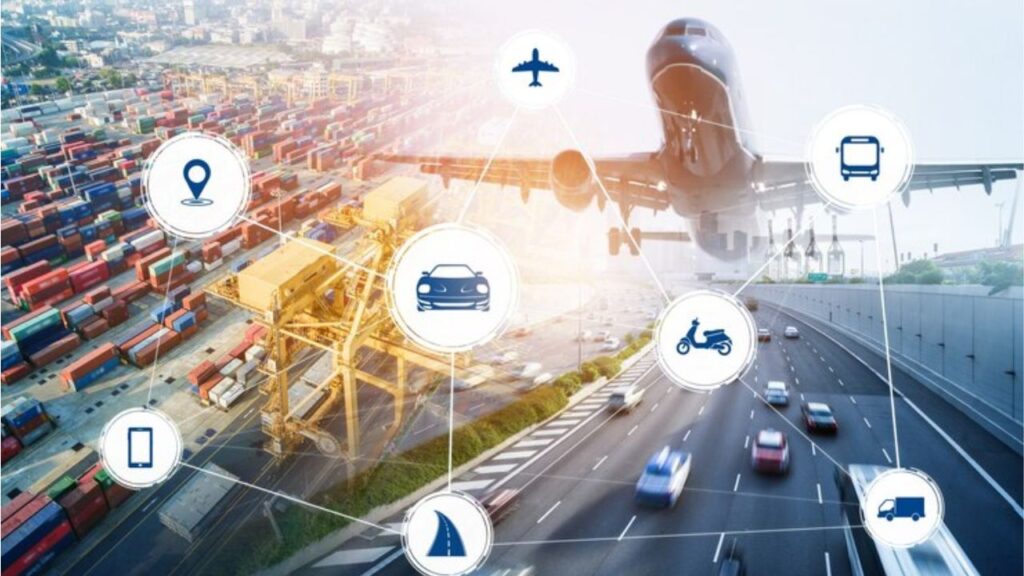
Freight forwarding is an integral aspect of the shipping industry. The goal of freight forwarding is to ensure that the cargo is picked up from the seller and delivered to the buyer at the specified location, at the right price, and in the same condition that it was at the time of origin using the best resources and route.
It is very necessary to note that freight forwarders act on behalf of the shipper, i.e., they are agents. They coordinate with various service providers, including trucking firms, warehouses, and customs brokers, to make the necessary arrangements on your behalf when you have cargo to ship. The freight forwarder organizes their work, provides them with the necessary information and paperwork, and monitors their work progress.
Below are the basic functions of a freight forwarder:
They offer affordable and effective goods shipping for domestic and international transportation.
They have warehouses to arrange and store cargo for shippers.
They book and dispatch cargo with the shipping lines on behalf of the shipper or under their own contract.
A freight forwarder negotiates favorable freight rates with an NVOCC or VOCC on behalf of the shipper.
Process and prepare all necessary shipping documents, including certificates of origin, customs and port documentation, bills of lading, and related shipping/negotiation documents
A freight forwarder can also issue their own house bill of lading (HBL) or receive the MBL from an ocean carrier.
They offer the loading and unloading services, arrangement, and relabelling of goods before shipping.
They arrange customs clearance at the receiving destination and facilitate easy clearing of goods.
Organize cargo transportation from/to the customer's location and the port
A freight forwarder makes contracts for insurance packages of all types of goods on behalf of the clients.
Finally, a freight forwarder also offers trade-related services like inventory management, cargo insurance, and bank paperwork.
Difference between an NVOCC and a Freight Forwarder.
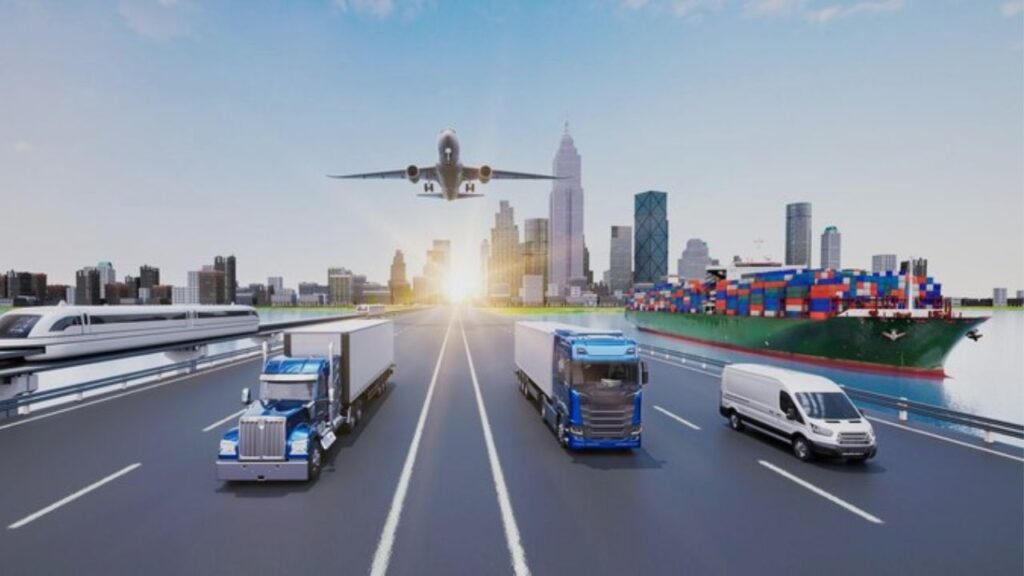
People often confuse the roles of an NVOCC and freight forwarder because there's usually a lot of overlap in what they do. Although NVOCCs primarily act as ocean carriers, they also frequently offer freight forwarding services. An NVOCC might involve itself in the transport of cargo to/from the port. They might also choose to help with customs clearance or checking of goods. Freight forwarders offer other services than NVOCCs operate.
An NVOCC can essentially offer any service that a freight forwarder can. In contrast, a freight forwarder cannot perform the services of an NVOCC because they do some essential things that freight forwarders can't: In recent years, it has been observed that both NVOCC and freight forwarders are using and implementing e-commerce and cutting-edge technology in their operations. While they have many similar functions, there are many things that distinguish an NVOCC from a freight forwarder. Let’s look at these differences under the following headings:
Means of transportation
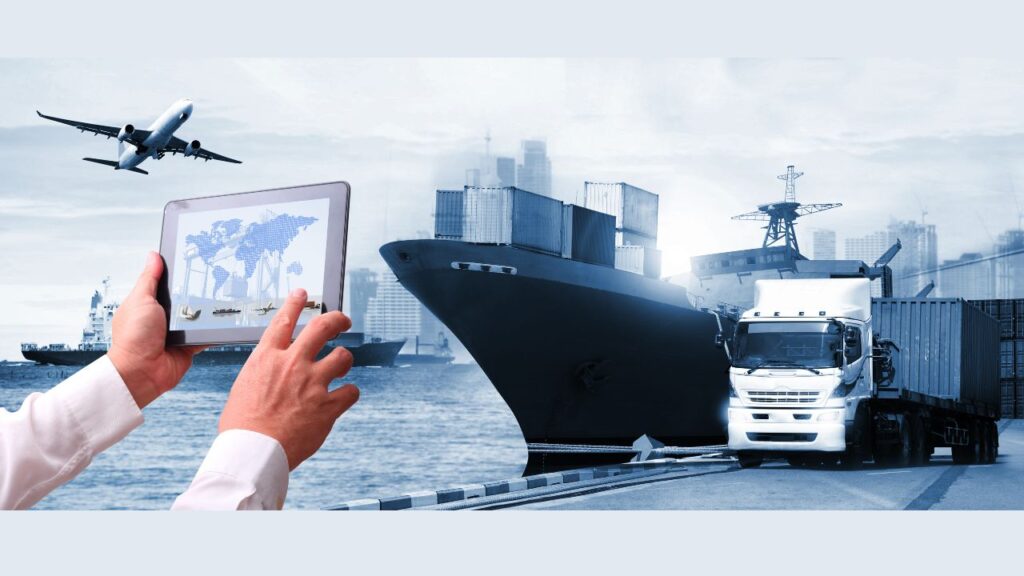
This is a fundamental difference between an NVOCC and a freight forwarder. While an NVOCC strictly arranges ocean transportation, a freight forwarder might be involved in arranging ocean, air freight, or rail transportation until the importers receive their goods.
International associations
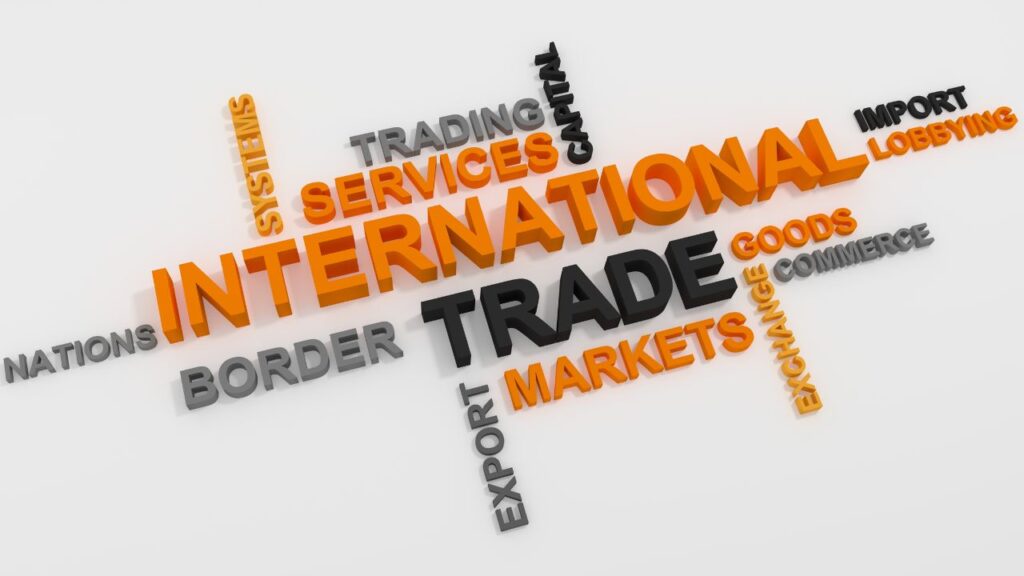
Freight forwarders adhere to FIATA standards because they are affiliated with the International Federation of Freight Forwarders Association (FIATA). Freight forwarders associations dictate the guidelines for their operations.
While
An NVOCC follows no established protocols because they are not affiliated with international organizations. They might be associated with localized groups depending on their country.
Relationship to shippers

Freight forwarders act as agents to shippers, while NVOCCs act as carriers to shippers.
Bill of lading and other shipping documentation
A bill of lading is a legal document issued from a carrier to a shipper. It provides information about the cargo and acts as a contract for the safe delivery of those items between two designated locations.
Generally, freight forwarders do not issue a bill of lading. They only provide that supplied by the Carrier. The bill of lading and other shipping and port documents are according to FIATA standardization.
while
NVOCCs issue their own bill of lading called House bill of lading (HBL). The HBL may not follow any government standard.
Responsibility for Shipping
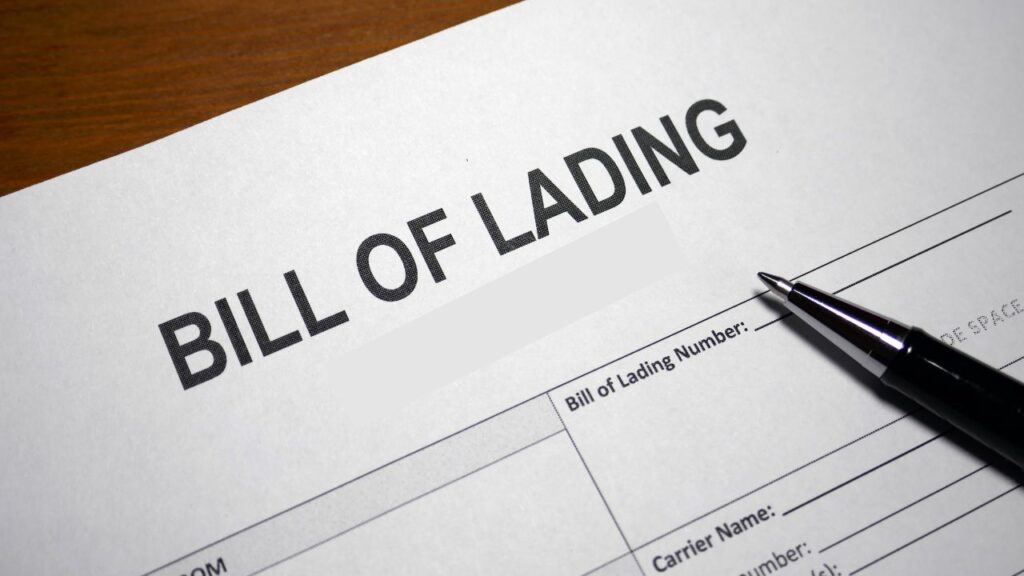
Since the shipping carriers mostly provide the bill of lading for freight forwarders, the shipping carriers are fully responsible for transporting the cargo and sorting out delays or damages along the way.
However, an NVOCC acts as a carrier or shipping company. Therefore, they track and monitor the progress of the cargo and take legal responsibility to find solutions in the event there's a delay or damage during shipping.
Ownership of containers
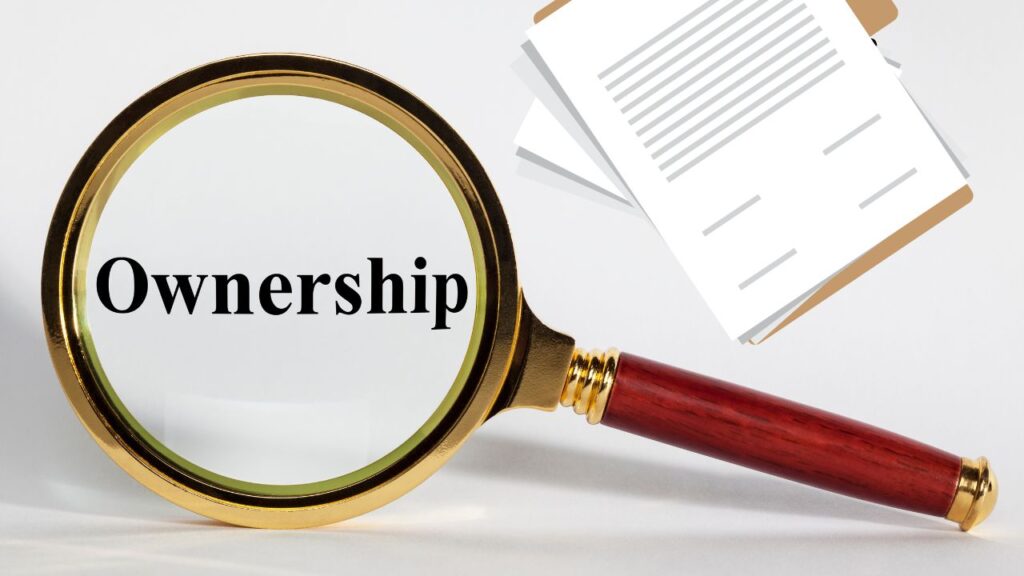
Freight forwarders do not operate or own containers. They only make agreements with carriers, while NVOCCs own and manage shipping containers in the container freight station.
Storage and warehouse
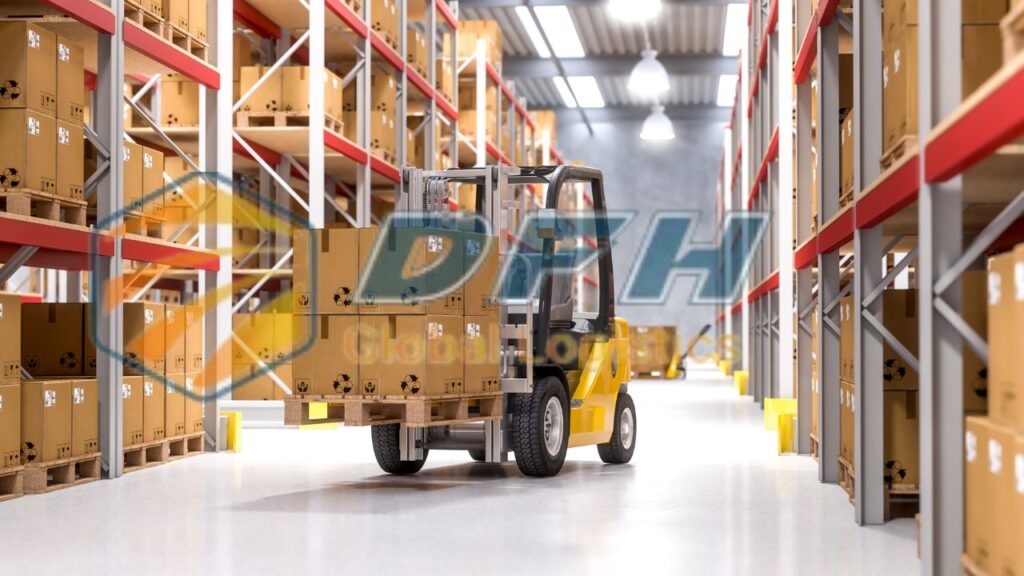
Since Freight forwarders operate widely on the supply chain, they own warehouses where they can store cargo for clients to load to airports or seaports.
NVOCCs do not own a warehouse space; their business is only with the shipping of the goods. Some large NVOCCs, however, may take on this role to ease processes for their clients.
Co-operation and networking with other agencies

Freight forwarders worldwide collaborate in their operations to cut costs and improve on-time deliveries, while NVOCCs act independently. If necessary, they might hire a port agent when needed.
Interrelationship
Freight forwarders may also double as agents of NVOCCs, but NVOCCs work independently. They hardly act as forwarders.
Which to choose between Freight Forwarder and NVOCC?

Having understood the functions and differences between a freight forwarder and an NVOCC, how do you know which to choose when trying to ship goods? Simple.
There are three significant factors to consider
Level of service needed and knowledge about exporting- If you have adequate knowledge about the intricacies of international shipment, you may want to hire an NVOCC as your Carrier simply. This saves costs but makes you involved in other processes that might be stressful.
Using a freight forwarder, however, might be more expensive but will definitely be of great help to shippers who have little knowledge about the mode of operations of shipping. Not only will they identify the best route for your cargo, but they will also help you negotiate freight rates and ensure your goods are easily cleared at the next port. Very much worth the cost!
Budget- Using an NVOCC will help you save money if you are on a tight budget. Going directly to NVOCC will allow you to avoid paying a freight forwarder's middleman fee but at the expense of missing out on additional services.
Availability- In certain situations, you might only have access to one of the two service providers, not both. In such cases, you'll have to make do with what is available.
Are there agencies that provide both services?
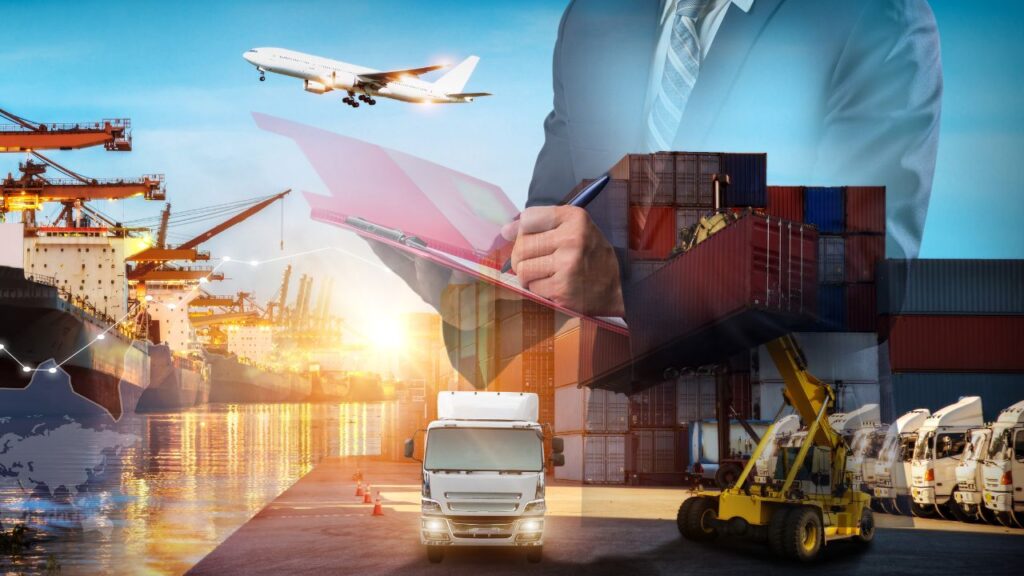
Yes, many agencies today double as freight forwarders and NVOCC. This is why it is becoming much more difficult to differentiate between the two entities in the global trade.
Companies like this can be very beneficial to shippers because they get to work with an agency that provides all the range of services they need at once. This way, you'll get a company that issues you a bill of lading, arranges for ground transportation to the client's premises, negotiates competitive rates with carriers, store cargoes for you in their warehouses, and track the progress of your goods till delivery. It will also assist in establishing more efficient supply chains that will probably appeal to potential new clients.
Conclusion
If you're looking to ship from China, one freight company to definitely consider is DFH.
DFH is your one-stop shop that helps to eliminate all the stress involved in trying to ship goods from one country to another. We handle every aspect of your logistics, from receiving goods from your suppliers to storing and preparing them for shipping and customs clearance at the receiving ports. Tired of the stress involved with China shipping? Then contact DFH today.
FAQS
What is the difference between a VOCC and an NVOCC?
VOCC stands for Vessel Operating Common Carriers, while NVOCC stands for Non-Vessel Operating Common Carriers. While VOCCs own vessels they use for their ocean freight services, NVOCCs do not.
Are there agencies that provide both services?
Yes, many agencies today provide freight forwarding business and also act as ocean carriers through NVOCC. This is why it is becoming much more difficult to differentiate between the two entities.
Which Ocean transportation intermediary is best to use?
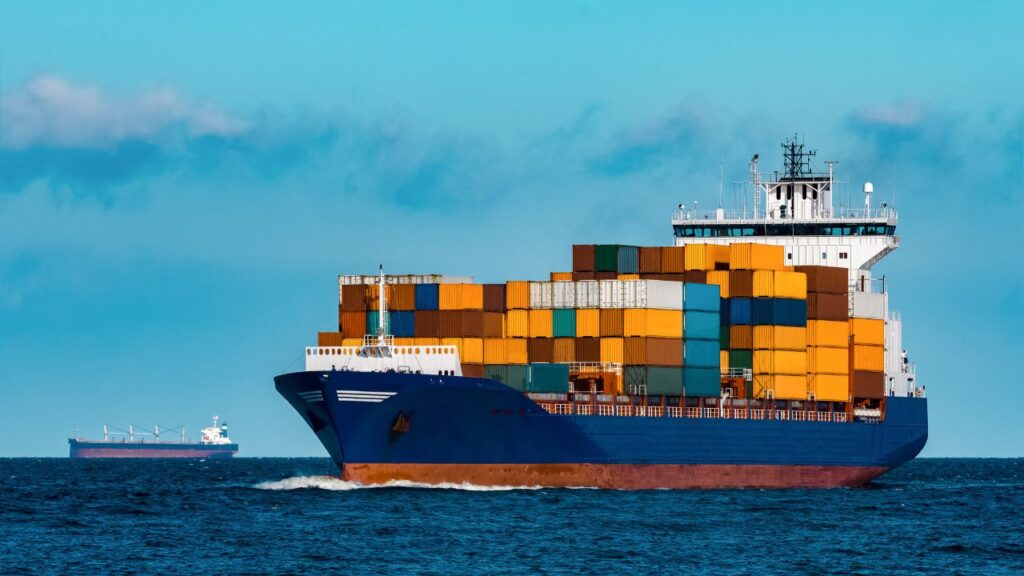
Choosing between the two entities depends on your budget and the level of service you expect from the various shipping lines. Freight forwarders might be more expensive but they cover a wider variety of services in the supply chain and handle relevant shipping documents. NVOCCs own freight contracts and focus mainly on shipping goods from port to port.

